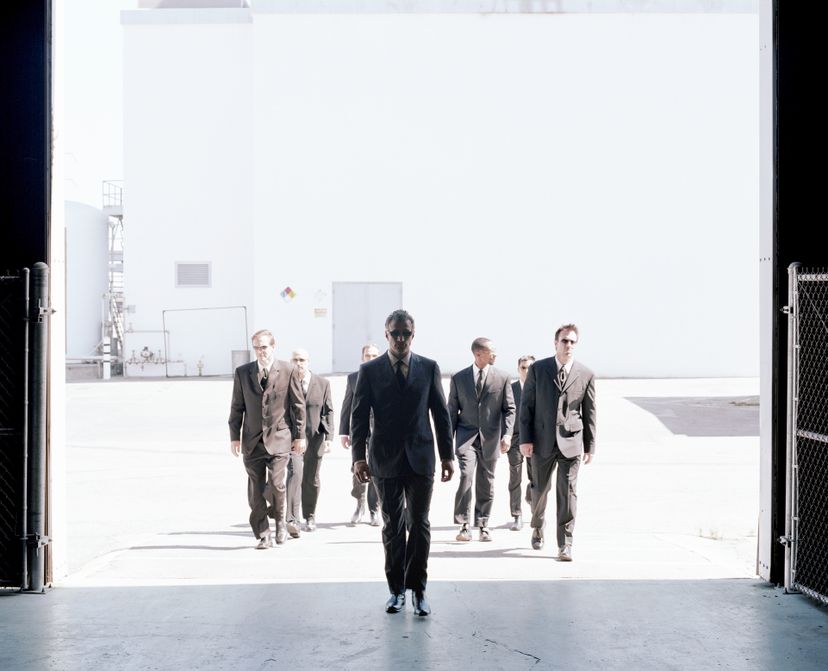The history of the Sicilian Mafia can be traced back to the late 19th century in western Sicily, where mafia frontmen and bosses began to establish their influence in the region. One of the major factors that led to the creation of Cosa Nostra was Gabellotto’s control over landlord-farmer relationships, which in turn gave rise to powerful mafia bosses in Sicily. The Italian State, in its quest to maintain control, inadvertently supported the growth of this secret society by relying on the expertise of the Mafiosi who were familiar with the local environment.
The Allies’ invasion of Sicily in 1943 had a profound impact on the Mafia, as it led to the sacking of fascist officials and the appointment of many previously imprisoned mafiosi to positions of authority. This allowed the Mafia to expand its criminal activities beyond the island, engaging in protection racketeering, mediating conflicts between criminals, and facilitating illicit agreements and transactions. Cosa Nostra became synonymous with activities such as murder, extortion, drug trafficking, and corruption of public officials. As a result, some mafiosi fled to other regions to continue their criminal endeavors.
The term “Cosa Nostra,” which translates to “Our Thing” in English, is often associated with powerful mafia bosses and their secret society. The Mafia’s influence in Sicily extended to politics, with some political parties like Forza Italia being accused of having connections with the Mafia. The close relationship between the Mafia and politics in Sicily has significantly shaped the island’s history and development.
The Power Struggle: Mafia Families and Territories
At the core of the Sicilian Mafia is the “family,” “clan,” or cosca, which often controls specific areas or Sicilian towns. One such Sicilian town under the control of a primary organized crime group in Sicily, like the Cuntrera-Caruana Mafia clan, experiences fierce rivalries and violent conflicts between different mafia families. These territorial claims can range from control over certain neighborhoods to domination of entire cities.
The power dynamics within the Sicilian Mafia are intricate and generally involve cooperation and antagonism between different families. As the Mafia evolved and expanded, so too did its internal power struggles and territorial disputes, leaving a lasting impact on Sicilian society and beyond.
